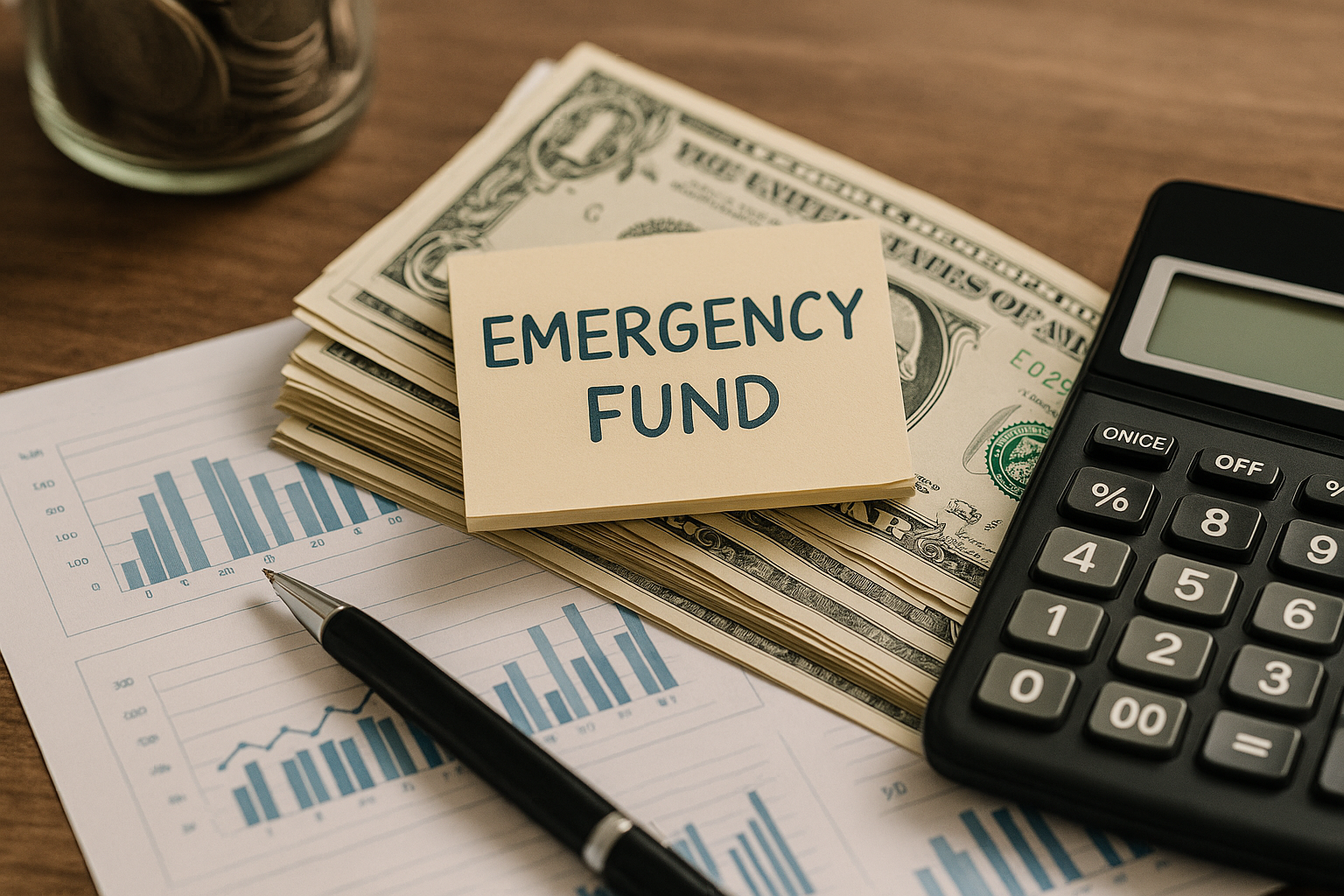An emergency fund is one of the most essential pillars of personal financial stability. It serves as a protective buffer against life’s unpredictable challenges, helping you avoid debt and financial ruin when unexpected costs arise. While it may seem difficult to prioritize saving for emergencies, building this fund is one of the smartest and most empowering financial steps you can take.
What Is an Emergency Fund?
An emergency fund is a savings account set aside specifically to cover unexpected expenses. These might include medical bills, car repairs, urgent home maintenance, or even job loss. The purpose is to avoid relying on high-interest credit cards or loans when emergencies strike. The fund should be liquid, meaning easily accessible—ideally stored in a high-yield savings account, not invested in stocks or other volatile assets.
Why You Need One
Without an emergency fund, even a minor surprise expense can lead to major financial consequences. For example, a sudden $1,000 car repair could max out your credit card, add to your debt, and disrupt your monthly budget. With an emergency fund in place, you can cover the cost without financial panic. More than that, an emergency fund gives you peace of mind. Knowing you’re prepared allows you to focus on long-term goals like investing or buying a home, instead of constantly being on the defensive.
How Much Should You Save?
Most financial advisors recommend saving between three and six months’ worth of living expenses. If your monthly expenses are $2,000, your emergency fund goal should be at least $6,000 to $12,000. However, this can vary depending on your personal situation. If you have a stable job, fewer dependents, or access to other safety nets, a smaller fund might suffice. On the other hand, freelancers, gig workers, or people with irregular income should consider saving more—perhaps up to nine months’ worth of expenses.
How to Start Saving
Building an emergency fund doesn’t require a big income or a windfall. You can start small. Begin by setting a monthly savings goal—$50, $100, or whatever is reasonable for your budget. Make it automatic. Set up a recurring transfer from your checking account to a separate savings account as soon as you get paid. Treat it like a bill you can’t miss. Review your budget to cut unnecessary spending: cancel unused subscriptions, eat out less frequently, or opt for a more affordable phone plan. Funnel those savings directly into your emergency fund.
When to Use Your Emergency Fund
This fund is meant for true emergencies. Examples include losing your job, covering urgent medical expenses, or making critical home repairs. It should not be used for vacations, shopping, or even routine car maintenance that you could plan for. Using your emergency fund appropriately ensures it will be there when you really need it. If you ever dip into your fund, make it a priority to replenish it as soon as possible.
The Psychological Benefits
Beyond the financial protection it offers, having an emergency fund improves your mental well-being. It reduces financial anxiety and allows you to make clearer, less pressured decisions. You won’t feel trapped in a job you hate just because you need the paycheck, and you won’t panic if a surprise bill shows up. The emotional relief of knowing you’re prepared can be just as valuable as the money itself.
Growing Your Fund Over Time
As your income grows or your life situation changes—getting married, having children, buying a home—you may need to adjust the size of your emergency fund. Make it a habit to review your fund at least once a year. Consider directing part of your tax refund, bonuses, or side hustle income toward it. The more robust your fund, the greater your resilience.
Final Thoughts: A Foundation for Financial Health
An emergency fund is not just a savings account. It’s a tool that gives you the ability to navigate life’s uncertainties without compromising your financial goals. It provides protection, peace of mind, and power—the power to make decisions from a place of strength, not desperation. Whether you’re new to personal finance or already investing, your emergency fund is the foundation that supports everything else. Start today. Even a small step is better than no step at all. Over time, with consistency and discipline, your emergency fund will become one of your greatest financial assets.
